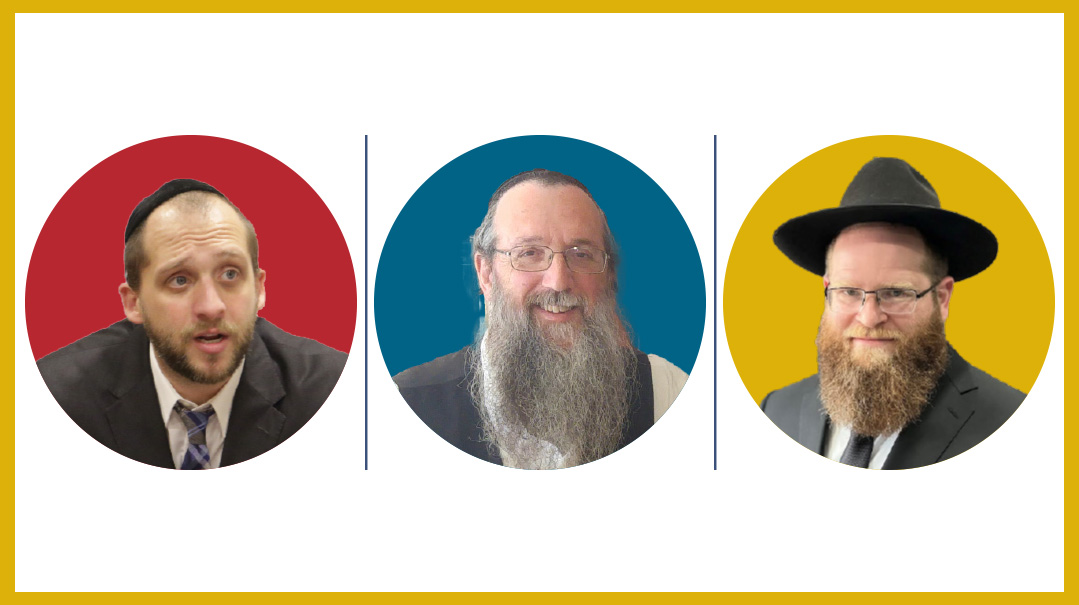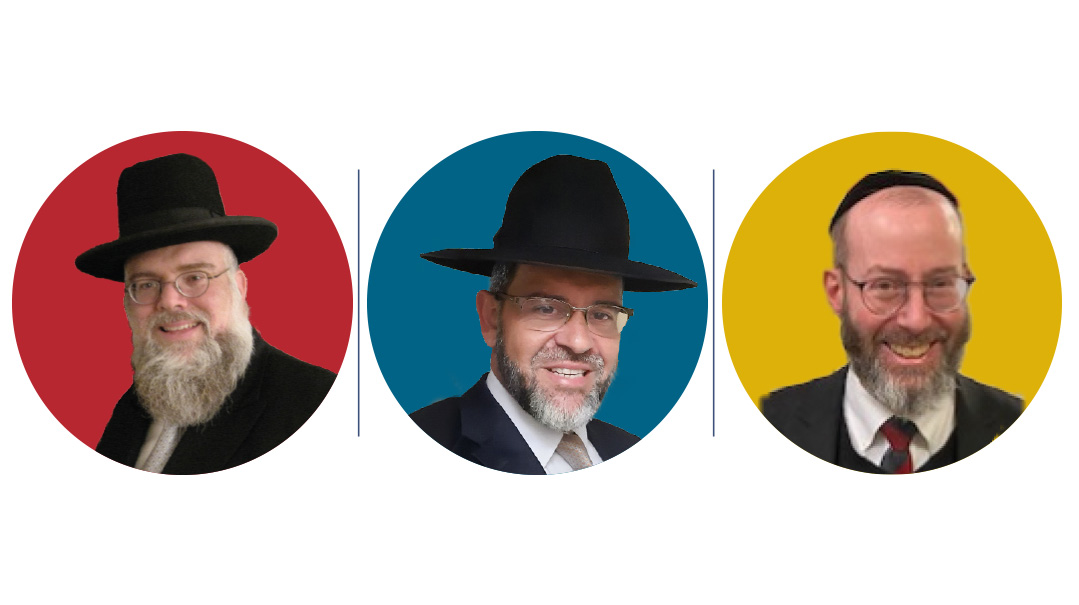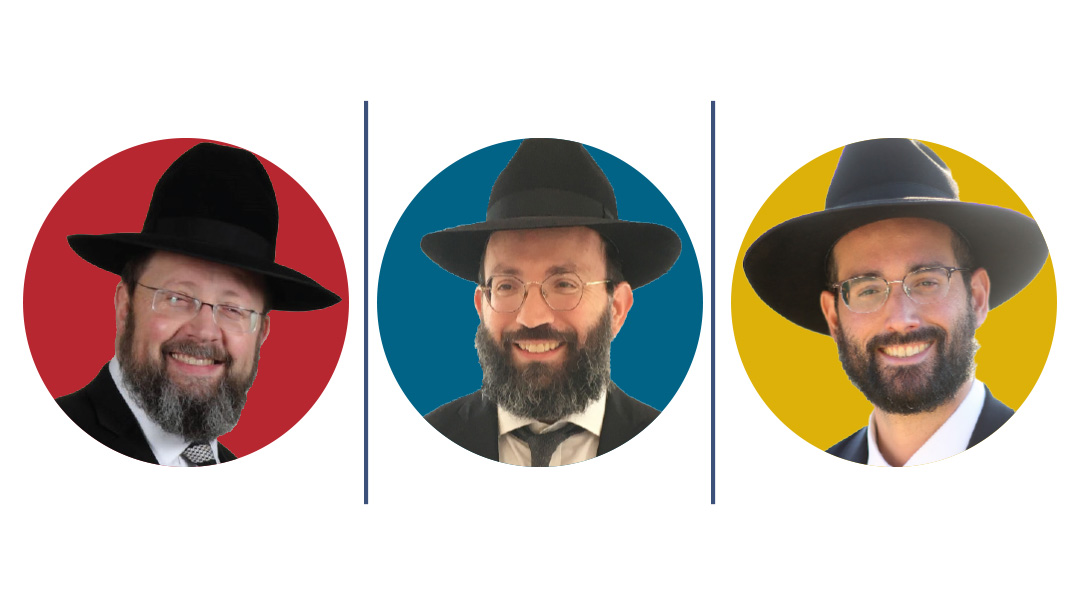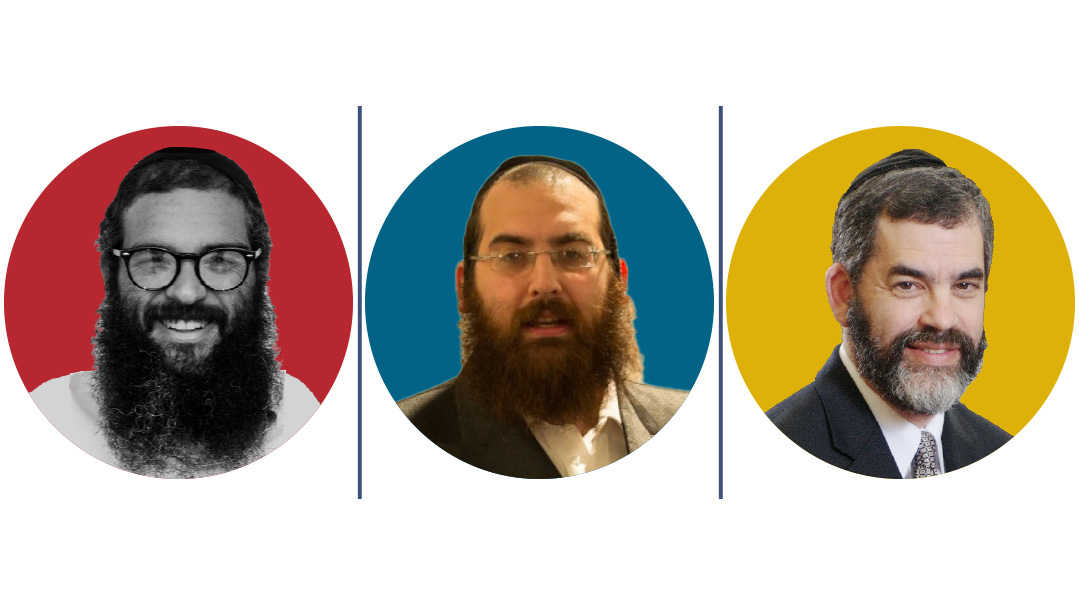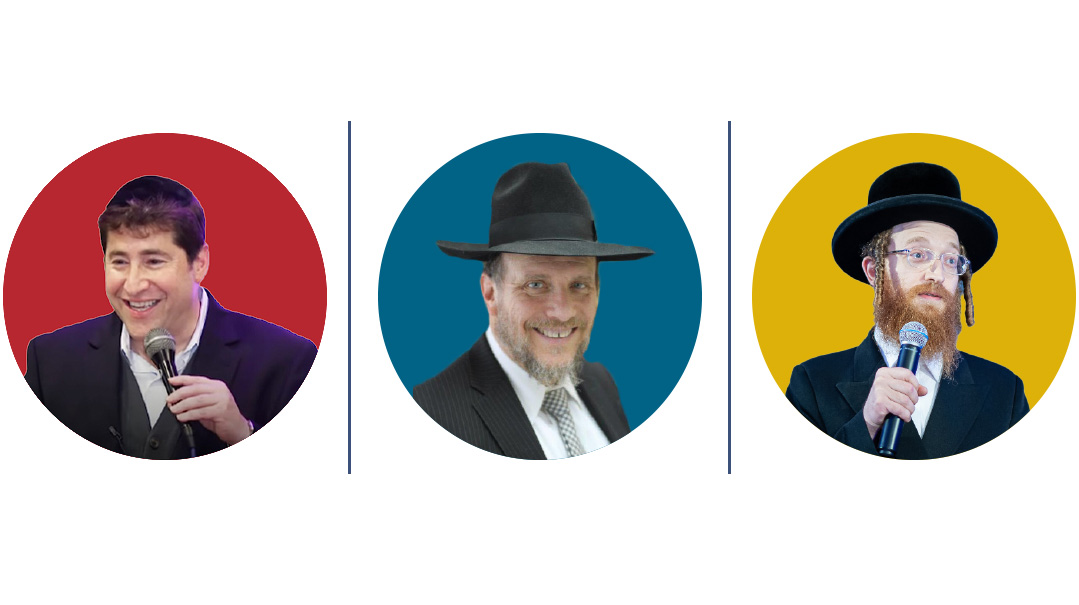Do Celebrity Singers Deserve Our Adulation?

"Adulation for entertainers has no place in Yiddishkeit. We revere gedolim. We run after them. We look up to them. We talk about them. But not entertainers"
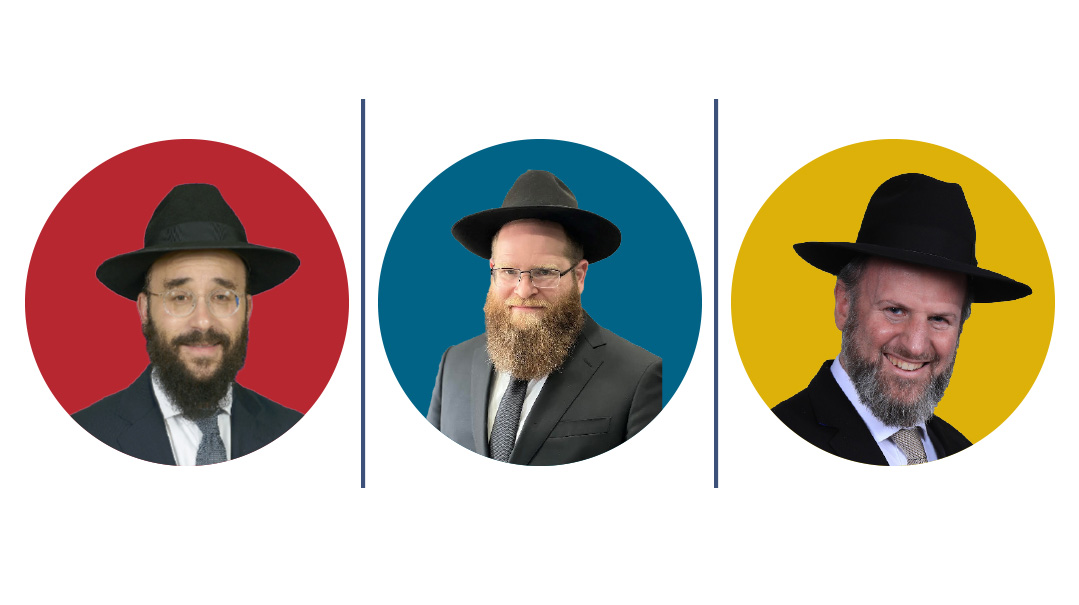
The claim:
“The respect and adulation displayed by our society — specifically the younger generation — for contemporary Jewish music artists is completely misplaced, and should be strongly discouraged.”
Agree, Disagree, and Why?
Rabbi Nosson Muller
AGREE
Like most Jewish questions, especially one that is hashkafah based, a one-word answer doesn’t usually suffice.
Let’s start by gleaning some insight on what song and music means to us as a Nation, and how much of a role they play in our everyday lives.
Chazal discuss in numerous places (see Eruchin, 11) the great role the Leviim played in the Beis Hamikdash through their shirah and playing of instruments. Many korbanos were rendered unfit to be brought on the Mizbeiach without their accompanying music and song. Furthermore, the importance of song in our tefillah, and even in our Torah learning, is an inherent part of our everyday avodas Hashem (see Hilchos Berachos, 51:9 and Eruchin, ibid).
The Chasam Sofer famously said that he would be willing to sacrifice a substantial amount of his Torah learning in exchange for the gift of a beautiful voice. Neginah is not just another talent or profession, but an integral part of our very essence.
Lastly, and perhaps most importantly, Rambam (Hilchos Lulav, 8:14) writes that during the festival of Succos, the most pious people were chosen to play the instruments for the Simchas Beis Hashoeivah. Only people of the highest caliber were charged by Chazal to inspire and elevate their brethren to reach higher levels of kedushah through their music. Clearly, it wasn’t just the music being played that needed to be of highest quality; the person behind the instrument counted even more.
Now to answer our question: If the musical artists respected and adulated by our generation hold values identical to those of whom Chazal took pride in hearing sing and play, then we too can turn to them for spiritual gain and even extol their talents, as they continuously seek to inspire and lift others with the talent bestowed upon them from Hashem.
Yet if the singers and musicians we respect to don’t live up to the banner a true eved Hashem represents, how can we encourage our youth to follow or at times even idolize these entertainers? Music is an avodah shel kedushah. It needs to remain that way.
Rabbi Nosson Muller is menahel of Yeshivas Tiferes Tzvi, Chicago, and author of Generation to Generation Haggadah (ArtScroll, 2015 ) and Pirkei Avos (ArtScroll, 2019)
Rabbi Yussie Zakutinsky
It’s Complicated
The more important issue that I believe needs to be addressed is the root cause for this reality and what it says about our generation. While it’s true that in the secular world adulation for performers is commonplace, explaining this same phenomenon in our communities as simply spillover of secular culture is greatly underestimating the nature of a Jew.
The Jewish People are a G-dly people, guided by the G-dly soul, and every aspect of the Jewish People must be understood as an expression of the soul. We must try to understand what the neshamah of our generation is trying to express when we see that so many of our youth are drawn to music and the artists that produce it.
While generally we communicate through words, there are certain thoughts, ideas, and experiences whose source is so deep in the soul of the communicator that they cannot be “packaged” in words and simply shared. They can only be shared if the communicator can create a bond with the recipient through which these “unspoken words” will be transmitted and discovered on their own.
The communicator must find the words to create this bond and to carve away space in the heart and mind of the listener to allow space for the “unspoken words.” When these blockages are removed, the listener himself discovers ideas and feeling that they otherwise would have no “space” for.
Music is a powerful example of this type of communication. Music forms a bond, subsequently opening hearts and minds.
The G-dly soul of our generation is thirsty for Torah and ruchniyus in a medium deeper than words can convey. It’s craving attachment to tzaddikim and to hear the silent voice of prophecy once again. And it’s for this reason that many of our youth cling to anyone who attempts to make space in their hearts and minds for something deeper.
Those blessed with positions of influence, especially in the field of music, must realize the great opportunity and responsibility they have to open hearts and minds with the hope of having those spaces filled with the authentic light of Torah, and to give the soul what it’s truly asking for.
Rabbi Yussie Zakutinsky is the mara d’asra of K’hal Mevakshei Hashem in Lawrence, NY. Renowned for his unique ability to teach lofty chassidic concepts in a down-to-earth way makes Rabbi Zakutinsky a highly sought-after lecturer. Rabbi Zakutinsky learned in Yeshivas Shaar HaTorah where he received semichah from the Rosh Yeshivah, Rav Kalman Epstein shlita. Rabbi Zakutinsky is the author of Sefer Yam HaTefillah as well as Sefer Mei Moed. He lives with his wife and children in Lawrence, NY.
Rabbi Avrohom Weinrib
Halfway
Respect, yes. Adulation — now that’s taking it a little too far.
Let’s start with the respect part. What are we giving respect to? Jewish music artists come in many flavors but they have the same ultimate goal — to bring Yidden closer to HaKadosh Baruch Hu.
Music is a bridge between our neshamah and our physical self (though how much of a bridge will depend on the composer, singer, and listener). In the days of the neviim, a Navi would play a niggun as a prerequisite to receiving nevuah (see Melachim II, 3:15 and Shabbos 30b). Music inherently connects these two worlds, and that’s enough of a reason that singers deserve our respect. And appreciation. And not to be bashed and become the scapegoat of those trying to figure out why music sometimes sounds the way it does. Or is as loud as it is. Let those who are paying or requesting such music take some responsibility.
And for the skeptics who wonder if our performers really all have such noble intentions, I’ll share a great line I once heard, though I don’t recall its source. “Squeeze a Yid and what comes out may be money. But squeeze the money and out comes chesed and tzedakah.”
In a similar vein, squeeze some singers, and you may produce money and fame. But squeeze the money and fame, and out will come connection to Hakadosh Baruch Hu. If you’re too much of a cynic to believe it, it’s okay. Keep working on yourself, you’ll get there one day.
That’s as far as respect. Adulation, though, is another story. Merriam-Webster defines adulation as “extreme or excessive admiration or flattery.” Adulation for entertainers has no place in Yiddishkeit. We revere gedolim. We run after them. We look up to them. We talk about them. But not entertainers. When the picture of the singer on the ad dwarfs the one of the rav, you know we’re not in a good place. And when the singer believes there’s something special about him, when his talent is simply a gift he received from Hakadosh Baruch Hu, there’s something wrong with that picture.
There may be a fine line between respect and adulation, but we’re sophisticated enough to differentiate between the two. Because we must. The chinuch of our children may depend on it. And certainly our own chinuch, and our sense of priorities, depends on it too.
Rabbi Avrohom Weinrib is the rav of Congregation Zichron Eliezer in Cincinnati, Ohio.
(Originally featured in Mishpacha, Issue 903)
Oops! We could not locate your form.
